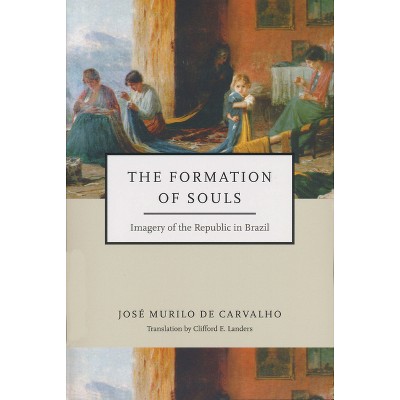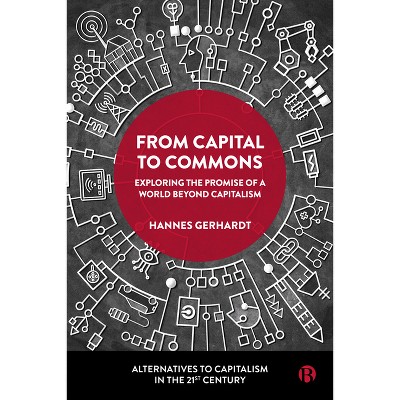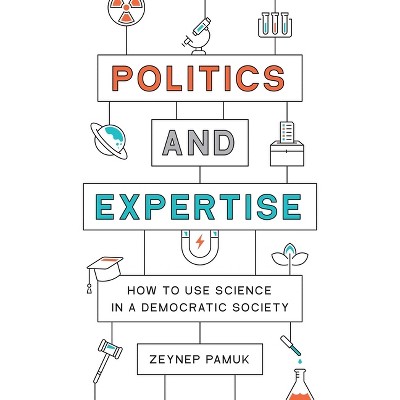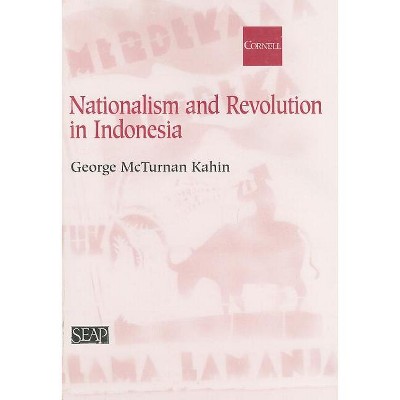Sponsored

The Coalitions Presidents Make - (Cornell Modern Indonesia Project) by Marcus Mietzner (Paperback)
In Stock
Sponsored
About this item
Highlights
- In The Coalitions Presidents Make, Marcus Mietzner explains how Indonesia has turned its volatile post-authoritarian presidential system into one of the world's most stable.
- About the Author: Marcus Mietzner is Associate Professor in the Coral Bell School of Asia Pacific Affairs at the Australian National University.
- 306 Pages
- Political Science, Comparative Politics
- Series Name: Cornell Modern Indonesia Project
Description
About the Book
"The book explains why Indonesia's presidential system turned from an extraordinarily unstable polity one into one of the world's most solid. It did so, the book argues, because constitutional changes incentivized the creation of coalitional presidentialism arrangements that bind a wide variety of political forces to the status quo"--Book Synopsis
In The Coalitions Presidents Make, Marcus Mietzner explains how Indonesia has turned its volatile post-authoritarian presidential system into one of the world's most stable. He argues that since 2004, Indonesian presidents have deployed nuanced strategies of coalition building to consolidate their authority and these coalitions are responsible for the regime stability in place today. In building coalitions, Indonesian presidents have looked beyond parties and parliament--the traditional partners of presidents in most other countries. In Indonesia, actors such as the military, the police, the bureaucracy, local governments, oligarchs, and Muslim groups are integrated into presidential coalitions by giving them the same status as parties and parliament. But while this inclusiveness has made Indonesia's presidential system extraordinarily durable, it has also caused democratic decline. In order to secure the stability of their coalitions, presidents must observe the vested interests of each member when making policy decisions. The Coalitions Presidents Make details the process through which presidents balance their own powers and interests with those of their partners, encouraging patronage-oriented collaboration and disincentivizing confrontation.
Review Quotes
Mietzner's meticulously researched book unravels 'two interrelated puzzles' associated with Indonesia's authoritarian journey.
-- "Contemporary Southeast Asia"The book thus offers a comprehensive account of and a thorough reflection on political dynamics at both the national and local levels in today's Indonesia.
-- "International Quarterly for Asian Studies"About the Author
Marcus Mietzner is Associate Professor in the Coral Bell School of Asia Pacific Affairs at the Australian National University. His previous books include Money, Power, and Ideology and The Political Resurgence of the Military in Southeast Asia.
Shipping details
Return details
Frequently bought together
Trending Non-Fiction

















